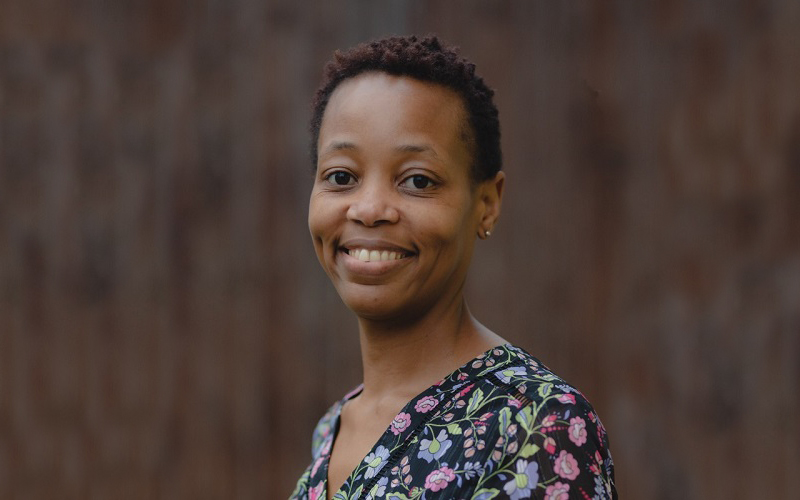
For many, this is a time to reflect on the diverse histories of those of African and Caribbean descent, taking note of the achievements and contributions to the social, political, economic and cultural development of the UK and an annual celebration of this throughout the month.
Because Black History Month can mean different things to different people, pride in this month is expressed in a variety of different ways. There will be celebrations and events taking place up and down the country – even in our services. You’ll find everything from food festivals to music workshops, educational seminars and lectures to quiet conversations and discussions that teach you that one thing you did not know about Black history.
‘Where and when did the concept of celebrating Black History Month start and why?’ some of us may wonder, because no other race has a whole month dedicated to celebrating them.
Black History Month started in the US and was created by historian Carter G Woodson in order to challenge preconceptions at the time that “the negro has no history”. He founded the Association for the Study of Negro Life and History in 1915, which encouraged scholars and historians to research and preserve black history and culture.
In February 1926, Woodson founded Negro History Week. It was later decided that a week wasn’t long enough and, against the backdrop of the civil rights movement and the Black Power movement, Black History Month was born in 1969.
Ghanaian-born Akyaaba Addai Sebo, a special projects officer at the Greater London Council, founded the UK’s version of Black History Month in 1987 after visiting America in the 1970s.
And now I hear you ask the next question: ‘So if America celebrates Black History Month in February, why do we celebrate it in October in the UK?’ February was chosen in America because the birthdays of Abraham Lincoln and Frederick Douglass fall that month. Abraham Lincoln was a former American president and Frederick Douglass was a formerly enslaved man who became a prominent activist, author and public speaker who became a leader in the abolitionist movement which sought to end slavery.
In the UK, there are two reasons thought to be behind why Black History Month is celebrated in October. Traditionally, October is known to be when African chiefs and leaders gather to settle their differences, so Akyaaba chose this month to reconnect with black people’s roots in the African continent. Another school of thought is that since it was the beginning of the new academic year, October would give black children a sense of pride and identity.
Black History Month is not without its critics. Some people argue that it is hard to teach black history in one month and advocate trying to integrate it more deeply into the curriculum. That way, there would be no need for a month to focus on it as it would be an integral part of taught history just like ‘white history’. Actor Morgan Freeman has famously criticised Black History Month on numerous occasions saying, “I don’t want a black history month. Black history is American history.” Whichever part of the fence you sit on, for the UK, it is still celebrated.
This year’s theme is Time for Change: Action not words. As we go through October, meditate on the extract below:
Yes, Black History Month is a time to celebrate black history, heritage and culture, and the iconic figures that have contributed so much, but this year, let’s make it about so much more. If you’re serious about allyship, it’s Time for Change: Action Not Words.”
After activism from a number of people of different races, King George III signed into law the Act for the Abolition of the Slave Trade, banning trading in enslaved people in the British Empire – slavery was ended with the help of people who were not slaves. Nelson Mandela rose up against apartheid but was arrested and imprisoned for 27 years. Because of allies – black and white – Mandela’s fight for a better world, in which the freedom, justice and dignity of all were respected continued. Again, allyship contributed to a positive outcome.
So in this ‘Time for Change’; black, brown, white or whatever colour of the rainbow you are, what are you doing to bring about that positive change?